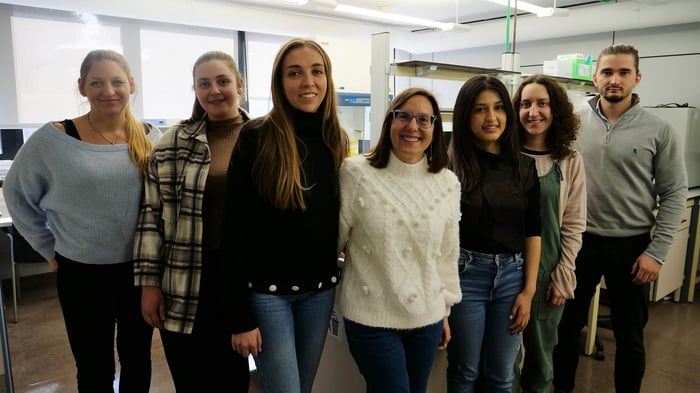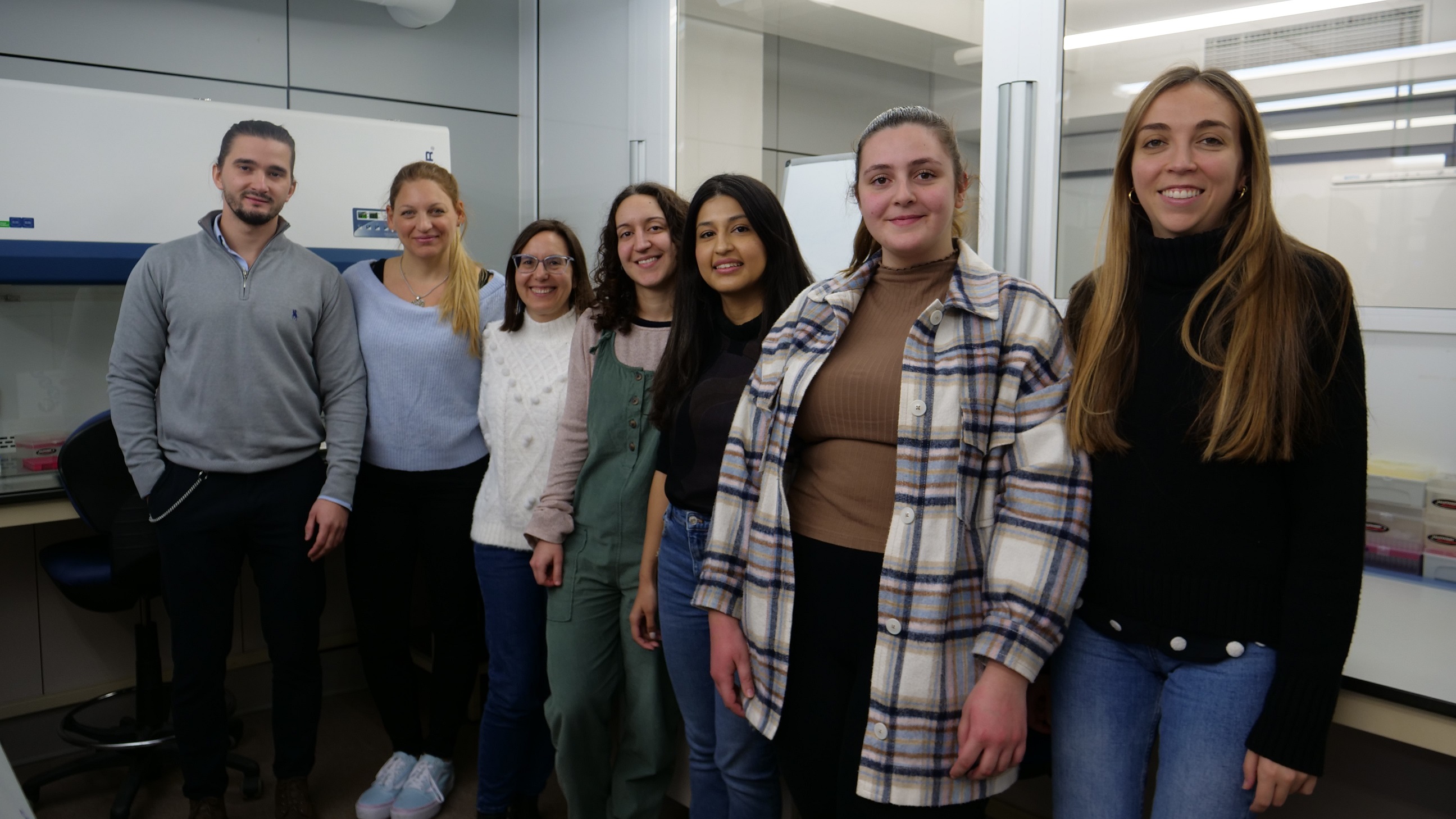The Center for Technological Development and Innovation through the call Iniciativa Conjunta ISCIII-CDTI ("Proyectos Misión Salud"), provides more than 290,000 euros to this project led by the biotechnology company of the business area of the Parc Científic de la Universitat de València (PCUV), in collaboration with Hospital La Fe, to design a tool to facilitate the diagnosis of cardiac rejection in a non-invasive way
Sequencing Multiplex (Seqplexing), a biotechnology-based company located at the Parc Científic de la Universitat de València (PCUV), is leading a project, together with the Clinical and Translational Research Group in Cardiology at La Fe University and Polytechnic Hospital, led by Esther Roselló-Lletí, on rejection in heart transplants. The project*, which is expected to last two years, was awarded in December with a financial endowment of 292,459 euros by the Center for Technological Development and Innovation (CDTI).
Cardiac rejection is an important cause of death after transplantation, being, together with graft failure, the main cause of death in the first months. Currently, endomyocardial biopsy (EMB), applied to analyze the tissue that forms the cardiac muscle, is the usual procedure for detecting rejection. It is an invasive technique to which patients must be subjected, which requires sedation and is performed in the operating room, entailing a significant risk for the patient of generating new complications.

Carmen Ivorra, scientific director of the biotech company located in the PCUV's business incubator, with her team. PHOTO: FPCUV.
"The relevance of this project is that it can provide a tool that facilitates the diagnosis of cardiac rejection, helping to improve the quality of life of transplant patients," said Carmen Ivorra, scientific director of Seqplexing
The project led by the PCUV company aims to identify and validate biomarkers to improve the diagnosis of cardiac rejection and post-transplant prognosis in a non-invasive, effective, fast and less costly way compared to current procedures.
"The relevance of this project is that it can provide a tool that facilitates the diagnosis of cardiac rejection, helping to improve the quality of life of transplant patients by simplifying the diagnostic tests performed during the first years," explains Carmen Ivorra, scientific director of Seqplexing.
*Project code: IDI-20230063


